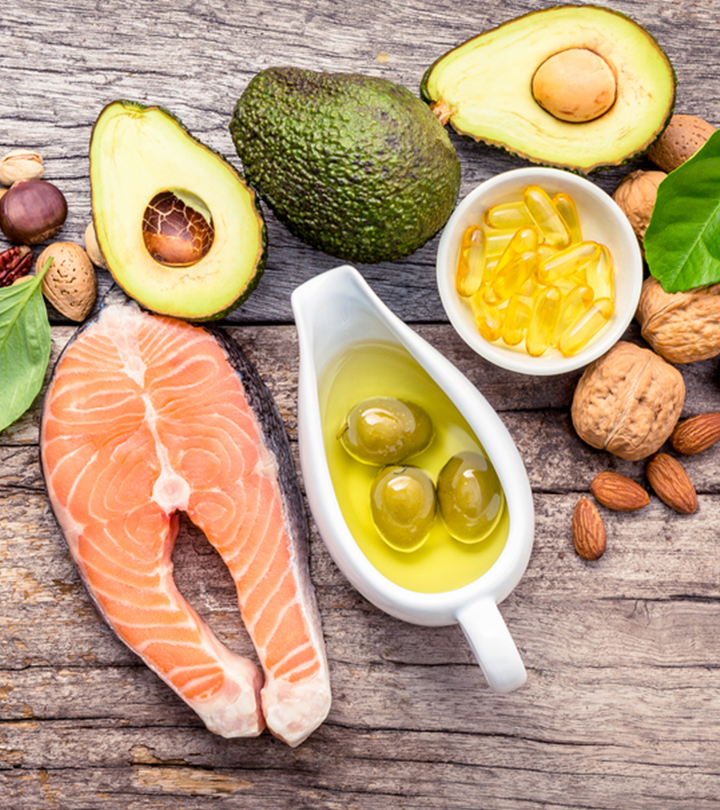Looking to pack on some pounds? Look no further! In this article, we’ll explore a range of high-calorie foods that are perfect for helping you achieve your weight gain goals. Whether you’re looking to build muscle or simply increase your overall weight, these delicious and nutritious options will surely give you the boost you need. From creamy avocados to indulgent nut butters, get ready to discover the top high-calorie foods that will have you feeling and looking your best in no time. Get ready to tantalize your taste buds and fuel your journey towards a healthier you!
High-Calorie Foods for Weight Gain
If you’re looking to gain weight in a healthy and sustainable way, incorporating high-calorie foods into your diet can be an effective strategy. While it’s important to focus on nutrient-dense options, there are several indulgent and delicious choices that can help you reach your weight gain goals. In this article, we’ll explore some of the top high-calorie foods that can aid in weight gain. From avocados to granola and oats, we’ve got you covered.
Avocado
Nutritional Benefits
Avocados are not only creamy and delicious, but they also offer a plethora of nutritional benefits. They are rich in heart-healthy monounsaturated fats, which can help in the absorption of fat-soluble vitamins like vitamin E. Additionally, avocados are a great source of fiber, potassium, and folate, which are all essential for maintaining overall health.
Calorie Content
One medium-sized avocado contains approximately 240-280 calories, making it a high-calorie food perfect for weight gain.
Ways to Incorporate into Your Diet
There are numerous ways to incorporate avocados into your diet. You can simply enjoy them sliced on top of toast or sandwiches, add them to salads, or even blend them into smoothies for a creamy texture. Avocado also makes a great base for homemade guacamole, which can be enjoyed as a dip or spread.
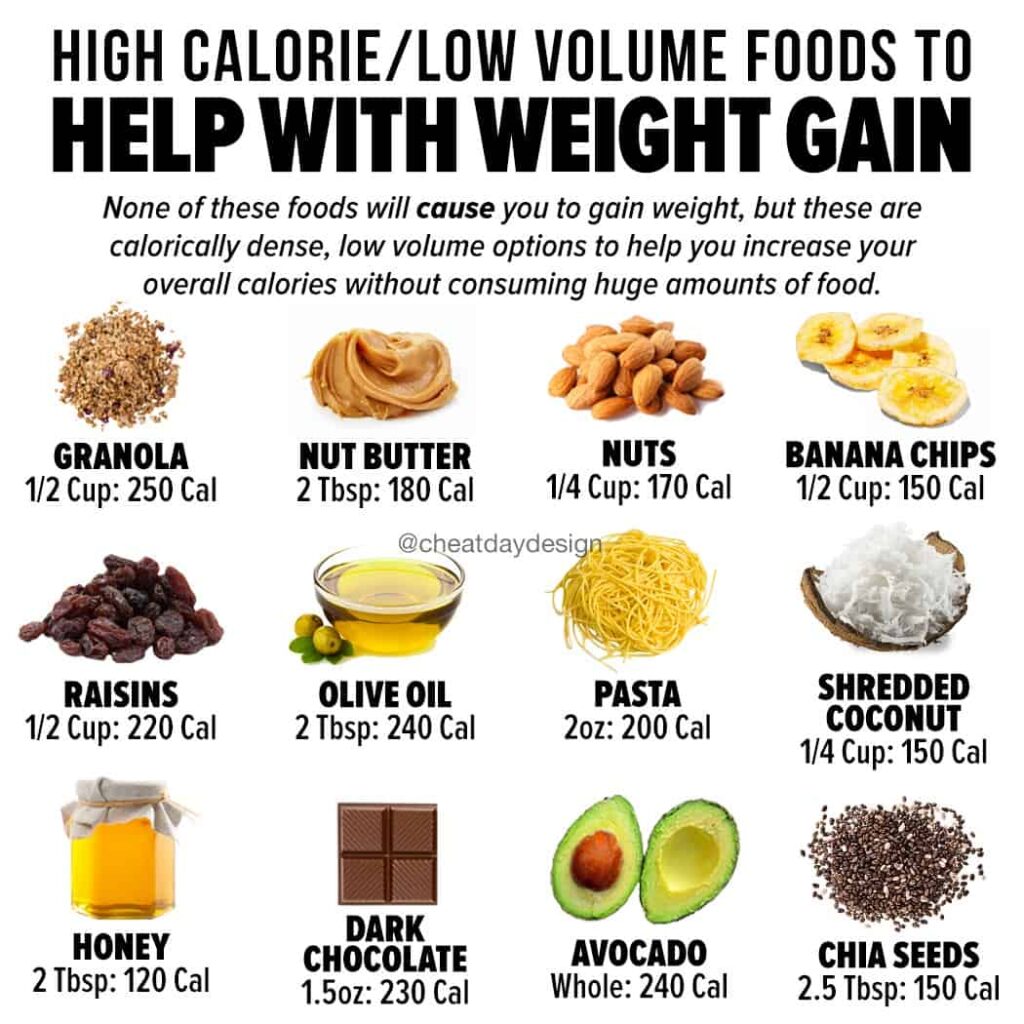
Nuts and Nut Butter
Nutritional Benefits
Nuts, including almonds, walnuts, and cashews, are packed with essential nutrients and healthy fats. They provide a good source of protein and fiber, which can help keep you feeling fuller for longer. Additionally, nuts are rich in antioxidants and minerals, such as magnesium and selenium, which support overall wellbeing.
Calorie Content
Nuts are calorie-dense, meaning they contain a high number of calories in a small serving. For instance, a quarter cup of almonds contains approximately 160-180 calories. Additionally, nut butter, such as peanut butter or almond butter, is an excellent option to increase calorie intake.
Ways to Incorporate into Your Diet
Snacking on a handful of nuts or adding them to your favorite trail mix is a simple way to include them in your daily routine. Nut butter can be spread on toast, added to smoothies, or used as a dip for fruits and vegetables. Get creative and enjoy the versatility of nuts and nut butter!
Olive Oil
Nutritional Benefits
While olive oil is known for its heart-healthy properties, it is also a source of healthy fats that can contribute to weight gain. It is high in monounsaturated fats, which may help reduce inflammation and improve heart health. Additionally, olive oil contains antioxidants, such as vitamin E, that support overall wellbeing.
Calorie Content
Olive oil is calorie-dense, providing approximately 120 calories per tablespoon. Incorporating it into your cooking or using it as a salad dressing can help increase your calorie intake.
Ways to Incorporate into Your Diet
Drizzling olive oil over roasted vegetables, using it as a marinade for meat or fish, or simply using it as a dressing for salads are all effective ways to include this healthy and high-calorie ingredient in your diet.
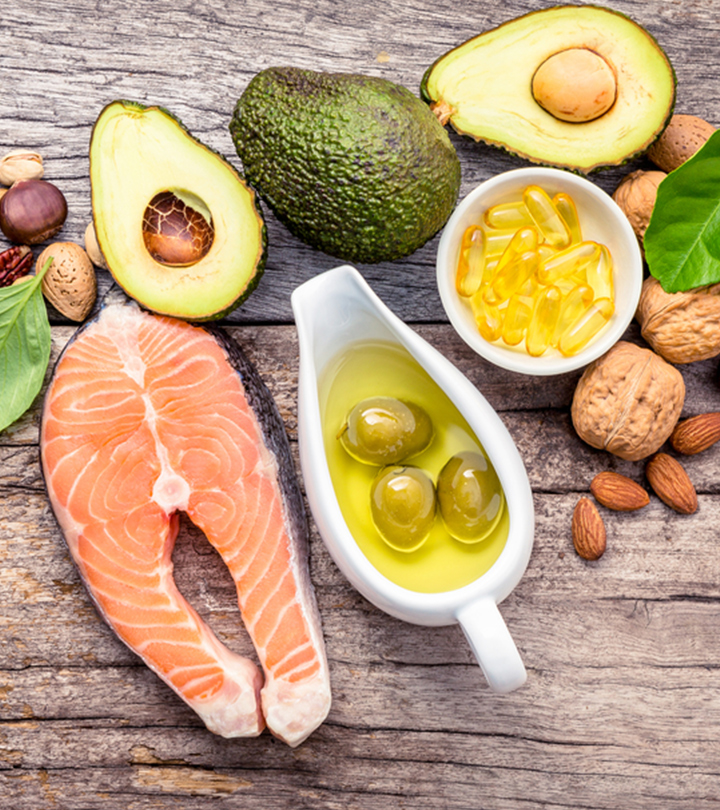
Whole Milk
Nutritional Benefits
Whole milk is an excellent source of essential nutrients, including calcium, protein, and vitamins D and B12. It provides a significant amount of calories, making it a suitable choice for individuals looking to gain weight. Additionally, whole milk contains saturated fats that can contribute to a higher calorie intake.
Calorie Content
An 8-ounce glass of whole milk contains approximately 150-160 calories, which can add up throughout the day.
Ways to Incorporate into Your Diet
Incorporating whole milk into your diet can be as simple as enjoying a glass with your meals or using it as a base for smoothies, milkshakes, or homemade protein drinks. You can also use whole milk in cooking and baking to add richness and depth of flavor to your favorite recipes.
Cheese
Nutritional Benefits
Cheese is not only a delicious addition to meals but also a great source of calories for weight gain. It is high in protein, calcium, and other essential minerals. Cheese also contains healthy fats, which can aid in weight gain when consumed in moderation.
Calorie Content
The calorie content of cheese varies depending on the type and serving size. For example, an ounce of cheddar cheese typically contains approximately 110-120 calories.
Ways to Incorporate into Your Diet
From adding cheese to sandwiches and salads to incorporating it into pasta dishes and omelets, there are countless ways to enjoy cheese. Experiment with different varieties and flavors to find your favorites.
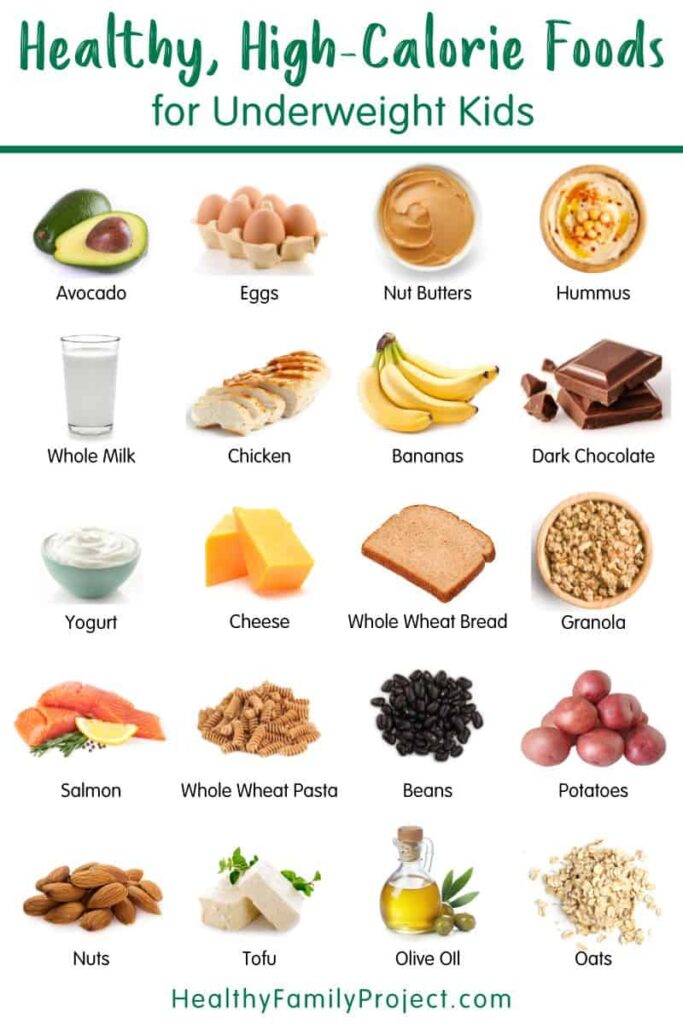
Dark Chocolate
Nutritional Benefits
Dark chocolate, particularly those with a higher cocoa content, can be a nutritious and high-calorie treat. It contains antioxidants called flavonoids, which have been linked to various health benefits, including improved heart health. Dark chocolate also provides minerals such as iron, magnesium, and copper.
Calorie Content
Dark chocolate typically contains around 150-170 calories per ounce, making it a calorie-dense option for weight gain.
Ways to Incorporate into Your Diet
Indulge in a small piece of dark chocolate as a satisfying treat after a meal or snack. Dark chocolate can also be used in baking or melted and drizzled over fruits for an extra dose of sweetness.
Potatoes
Nutritional Benefits
Potatoes are a versatile and nutritious food that can aid in weight gain. They are a good source of carbohydrates, fiber, vitamin C, and potassium. Potatoes also provide a feeling of fullness due to their high fiber content.
Calorie Content
The calorie content of potatoes depends on the cooking method and portion size. On average, a medium-sized potato contains approximately 150-160 calories.
Ways to Incorporate into Your Diet
Enjoy potatoes in various ways, such as baked, mashed, or roasted. They can be added to soups, stews, or casseroles for added flavor and texture. Don’t forget to keep the skin on to maximize the nutritional benefits!
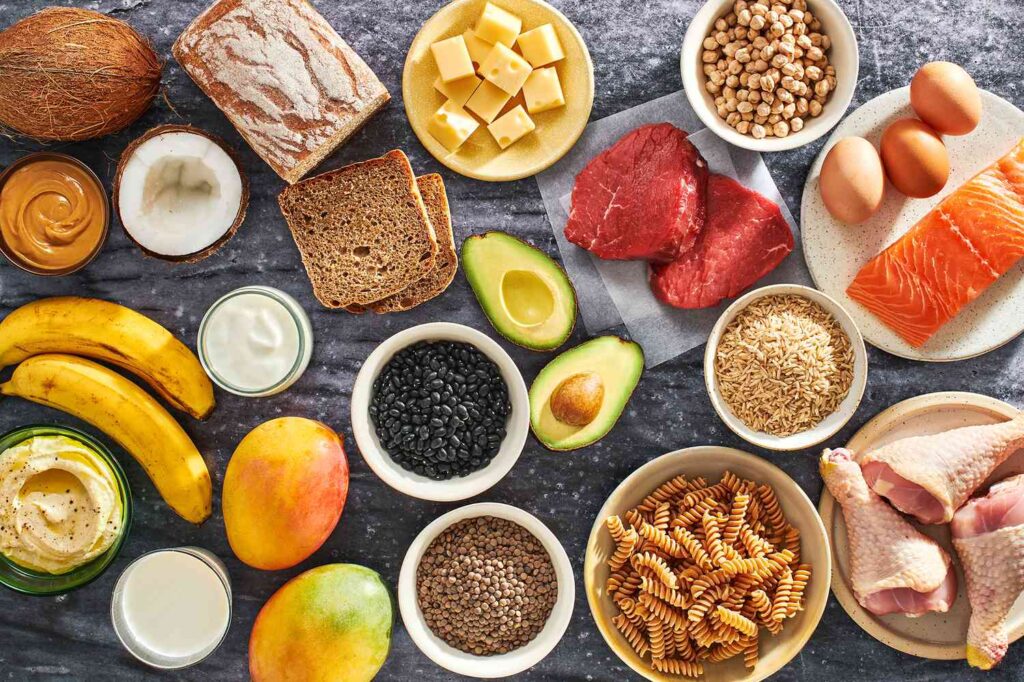
Salmon and Other Fatty Fish
Nutritional Benefits
Salmon and other fatty fish like mackerel, sardines, and trout are excellent sources of omega-3 fatty acids, high-quality protein, and essential vitamins and minerals. These nutrients are not only beneficial to overall health but can also contribute to weight gain.
Calorie Content
A 3-ounce serving of salmon typically contains around 200-250 calories, making it a relatively high-calorie fish.
Ways to Incorporate into Your Diet
Incorporate salmon and other fatty fish into your diet by grilling, baking, or pan-searing them for a flavorful and nutritious meal. Consider adding them to salads, wraps, or sandwiches for an extra boost of healthy fats and protein.
Granola and Oats
Nutritional Benefits
Granola and oats are excellent sources of carbohydrates, fiber, and essential nutrients. They provide long-lasting energy and can aid in weight gain when consumed in larger quantities. Additionally, they are often fortified with vitamins and minerals, further enhancing their nutritional value.
Calorie Content
The calorie content of granola and oats varies depending on the brand and serving size. On average, a quarter cup of granola contains approximately 120-150 calories, and the same amount of oats contains around 150-160 calories.
Ways to Incorporate into Your Diet
Enjoy granola and oats as a topping for yogurt, smoothie bowls, or mixed with milk for a hearty breakfast. You can also incorporate them into baked goods, such as muffins or cookies, or use them as a crunchy coating for chicken or fish.
Incorporating high-calorie foods into your diet is a key strategy for weight gain, but it’s important to do so in a balanced and mindful way. While these foods provide extra calories, they should be enjoyed alongside a variety of nutrient-dense options to ensure you’re meeting your overall nutritional needs. Consult with a healthcare professional or registered dietitian to create a personalized weight gain plan that suits your individual requirements. With the right approach and a focus on nourishing your body, you can achieve your weight gain goals in a healthy and sustainable manner.
